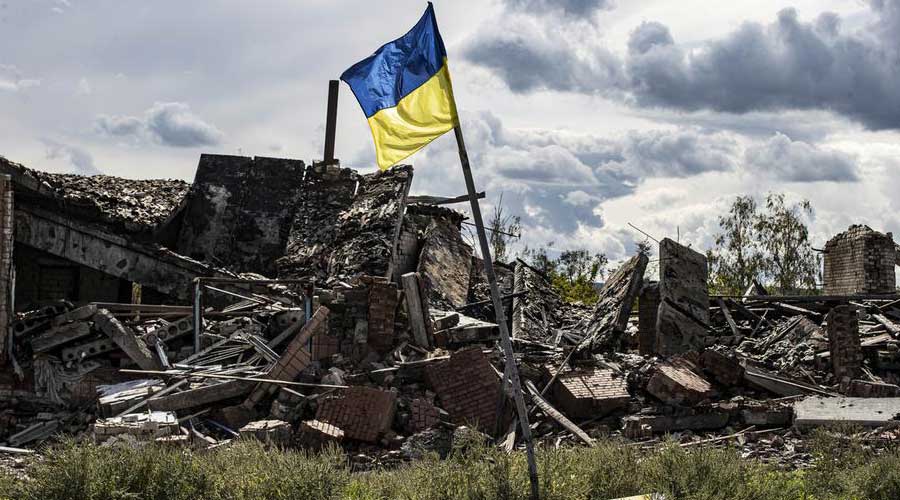The couple had dreams of a big family. They would have five children, who would have their father’s mop of curls, his smile and dreamy eyes. They would teach the children how to paint and make pottery and take them on long walks in the forests near their hometown, Sloviansk, in eastern Ukraine.
Then Russia invaded their country, shattering their plans. The husband, Vitaly Kyrkach-Antonenko, volunteered to fight and died on the battlefield when his wife, Nataliya, was three months pregnant with their first child.
Now, still deep in mourning, she says she will not give up their dream. She intends to give siblings to her firstborn. Like hundreds of other Ukrainian soldiers, Vitaly froze his sperm before heading back to battle in the hope that if he did not make it home, he could still pass on his genes.
“Vitaly,” his wife said, “will be the father of all our future children.”
For many Ukrainians, the idea of saving soldiers’ sperm is at once personal and patriotic. It helps men who want to ensure something of themselves remains if they die, and it brings comfort to their partners. In a country now famous for its spirit of resistance, it is also one more way of fighting back. It leaves open the possibility, at least, of preserving Ukrainian bloodlines even as the Kremlin insists that Ukrainian statehood — and by extension Ukrainians as a separate people — is a fiction.
The concept of denying that type of erasure has caught on enough that the parliament is debating a bill that would allow soldiers to freeze their sperm at the state’s expense.
“This is a continuation of our gene pool,” said Oksana Dmytriieva, the Ukrainian lawmaker who wrote the bill.
Several clinics have already begun offering the service free, at their own expense. And Kyrkach-Antonenkohas unexpectedly become something of a role model for the cause, using her Facebook page to encourage male soldiers and their wives to give themselves the option of making a family, no matter what happens on the battlefield.
“The modern world allows us to give birth and raise the children of our fallen loved ones — the bravest and most courageous humans in this world,” she wrote. “Raise them worthy of their father, with the same love for Ukraine, and give them the chance to live in the country for which their father shed his blood.”
Such messages of resistance seem to have reached Russia too.
A pro-Kremlin reporter, Olga Skabeeva, said recently on Russian state television that soldiers’ freezing sperm amounted to “genetic experiments to construct a nation”.
“With the help of artificial selection,” she warned, “a whole army of selected Ukrainians with an increased level of Russophobia will be bred”.
Natalya Tolub, a spokesperson for the IVMED fertility clinic in Kyiv, the capital, said in an email that the reporter’s statements were a sign that the Ukrainians had hit their mark. “Success,” she wrote.
Her clinic, she said, is freezing the sperm of about 10 soldiers every week.
Among them was Yehor, 31, who had been together with his girlfriend, Svitlana Braslasvska, 25, for only a few months when they decided to freeze his sperm.
As he headed back to battle last month, he said that he felt calmer and more fearless. He credited experience, time — and the sperm he left behind in a clinic.
Despite Ukrainians’ bravado in the face of adversity, experts say Ukraine cannot rebuild its population, which was already declining before the war, by using frozen sperm for pregnancies. But Jay Winter, a retired Yale historian, said that wasn’t the point.
By offering not only to die for Ukraine but also to provide for new life soldiers were making a statement — showing their commitment to national survival. “And the survival of the Ukrainian nation,” he said, “is what this war is about.”
New York Times News Service











